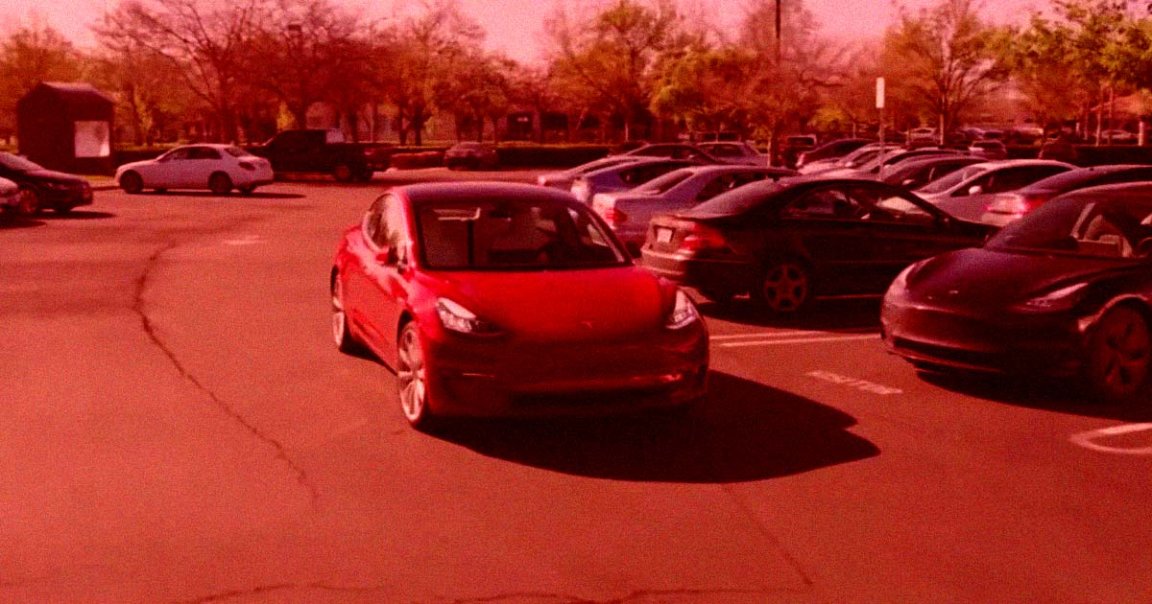
Runaway Tesla
A driverless Tesla crashed into a woman’s car in a mall parking lot, an unfortunate side effect of the EV maker’s half-baked driver assistance software going haywire.
As NBC affiliate NEWS4 reports, the owner of a Model Y decided to use a feature called “Summon” on his Tesla app for the first time.
“I saw no one in the car,” the victim, Potomac, Maryland local Tamara Meyer, told the broadcaster. “There was no driver, no passenger. It was an empty car that was driving itself into my car.”
The feature, which is already being tested by drivers despite still being in “beta,” allows owners to summon their car in parking lots, driveways, and other private property without having to be inside the vehicle.
But as demonstrated by the latest run-in, the system clearly isn’t ready for public use just yet.
“It’s not supposed to do this!” Meyer recalled the Tesla owner saying.
Autobots Roll Out
Experts believe Tesla may be jumping the gun by rolling out its “Summon” feature to its customers.
“They’re just not ready for prime time,” the Center for Auto Safety’s Michael Brooks told NEWS4.
Tesla is releasing betas of its software “too early before they’ve been, you know, validated as safe — before they’ve been validated to work properly,” he argued.
The Elon Musk-led company has already run afoul of regulators several times, especially over its controversial “Full Self-Driving” driver assistance software, which despite its name requires drivers to be able to take over at any time whether on private property or public roads.
During its own test of the Summon feature, NEWS4 found that a test vehicle was easily confused by other turning vehicles in a parking lot.
Last month, Musk announced a new update called “Actual Smart Summon,” which is designed to rely exclusively on Teslas’ cameras, not ultrasonic sensors. It’s unclear which version the owner of the Model Y was using.
In a recent test, a Tesla enthusiast going by the name AI Drivr found that the feature is a marked improvement over its predecessor, but still far from perfect. During tests, the vehicle got stuck for a few minutes when trying to back out of a spot and ran over a curb for no reason.
Given Musk’s doubling down on so-called “self-driving” software and plans for an autonomous ridehailing service, we wouldn’t be surprised to see more experiences like Meyer’s going forward. Private property or not, Tesla’s software is seemingly a long way from becoming something customers can fully rely on.
More on Tesla: Man Puzzled by Why His Cybertruck Makes Him a Public Laughingstock